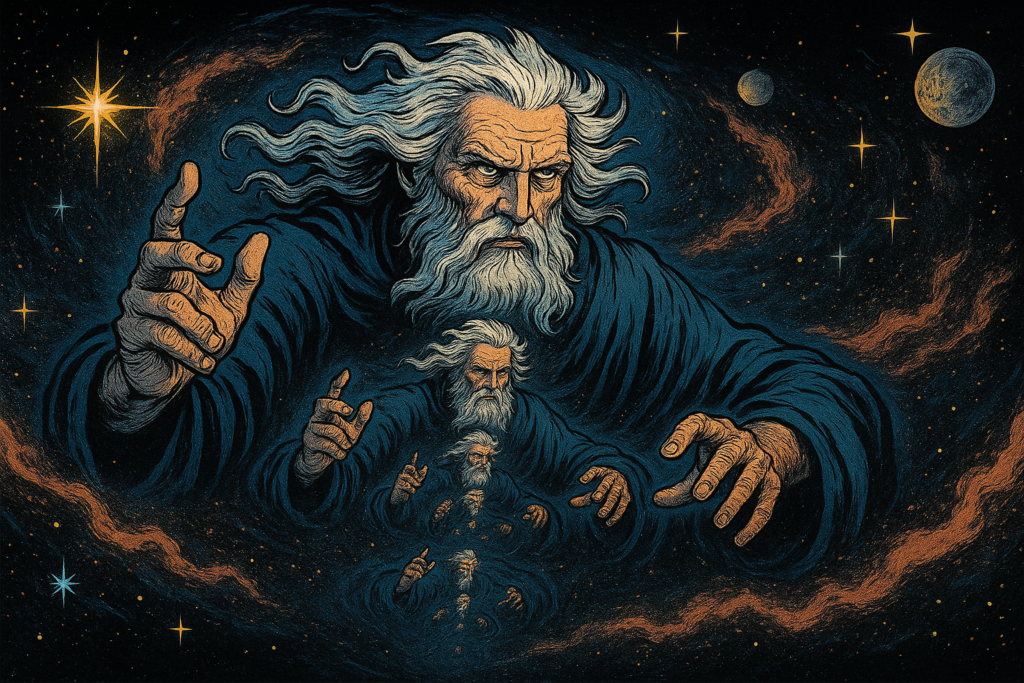Question: If God is all-powerful, couldn’t He make other gods—perfect beings just like Himself?
Answer:
That’s a good question, and the answer is no. To explain why, we need to be clear on what makes God, God.
Philosophers and theologians often describe God as a maximally great being. That’s not just worshipful language—it’s a precise definition. A maximally great being possesses every “great-making” quality to the highest possible degree, including:
- Omnipotence – the ability to do all that is logically possible.
- Omniscience – complete knowledge of all truths.
- Moral Perfection – always doing what is perfectly good.
- Necessary Existence – existing in every possible world, cannot fail to exist.
The last one—necessary existence—is crucial. It means God doesn’t just happen to exist; He must exist. He is uncaused, eternal, and independent. And that’s why the idea of “creating another God” is impossible. If a being is created, then there was a world before it began where it did not exist. This means it’s possible for it not to exist, making it, by definition, less than maximally great.
The reason God hasn’t made “other gods” isn’t that His power is limited or that he is vain or unkind, it’s that the concept itself doesn’t make sense. You can’t have a “created self-existent being” any more than you can have a married bachelor. It’s like asking if God can bake a cake that was never baked. This is logically contradictory. And as C.S. Lewis famously said, nonsense is still nonsense, even when we talk about God doing it.1
But here’s what God can do: He can create beings a little lower than Himself—finite, but still remarkable—made in His image. That’s what we are. We are made to participate in His goodness and experience Him in all His maximal greatness. Creation was not an act of vanity, but of love. There is nothing more loving than for God to make a way for created beings to know Him.
Even in our finiteness—and even through pain—this is still true. Our limits and struggles don’t contradict God’s goodness; they give us the very arena in which His goodness can be seen and experienced. In suffering, we discover His comfort. In weakness, we learn His strength. And in the longing for more, we are drawn toward the One who is Himself our ultimate joy.
References:
1. Lewis, C. S. 2002. The Problem of Pain. C.S. Lewis Signature Classics. HarperCollins. p18

Michael C. Sherrard
Michael C. Sherrard is the president of Apologetics, Inc., the author of Why You Matter and Relational Apologetics, and faculty at Summit Ministries.


1 thought on “Can God Create Other Gods?”
When reading the bible, it is important to understand, as best we can, the words as intended by the authors to their first readers. In this case, we are examining the OT; written primarily in Hebrew. The term, “elohim” is translated as either God or gods. the distinction in majuscule and minuscule is significant. The former conforms with your description of God. the latter conforms with Israelite understanding of other beings such as spirits of the dead and heavenly beings. So yes, God can create other gods.